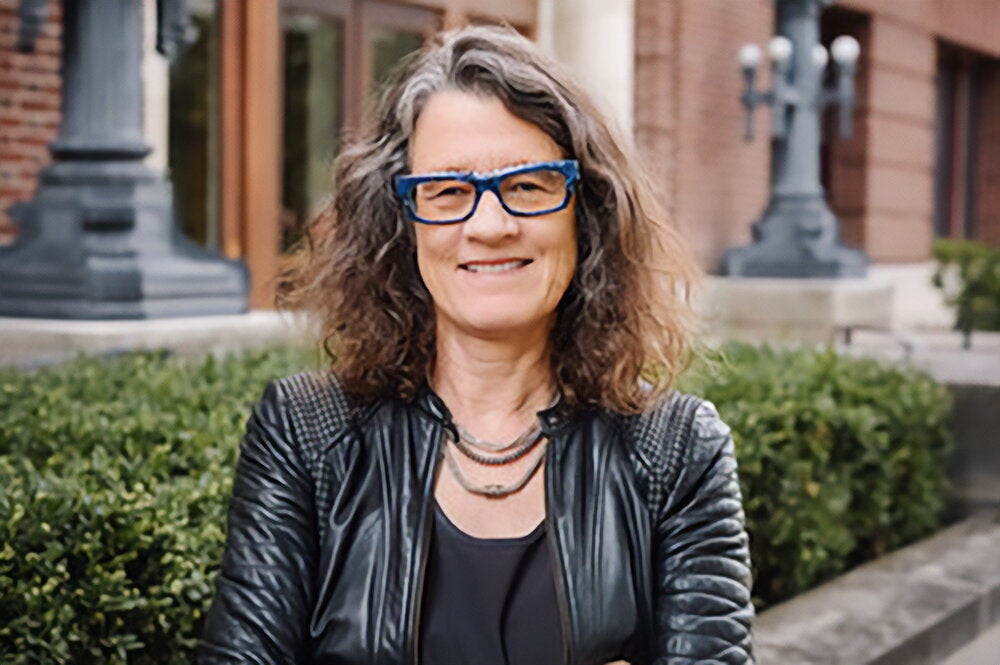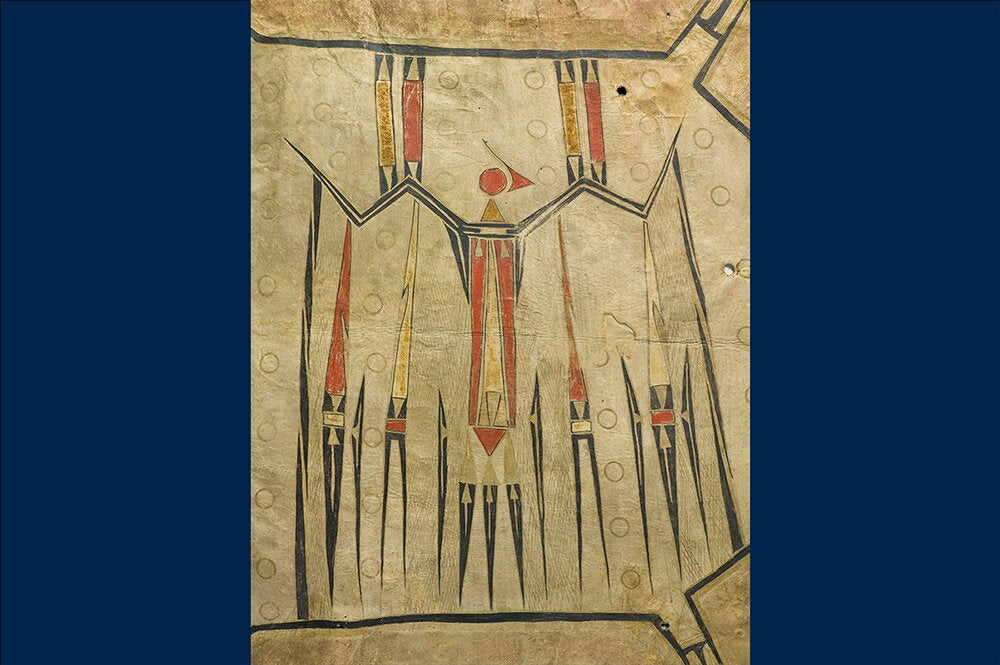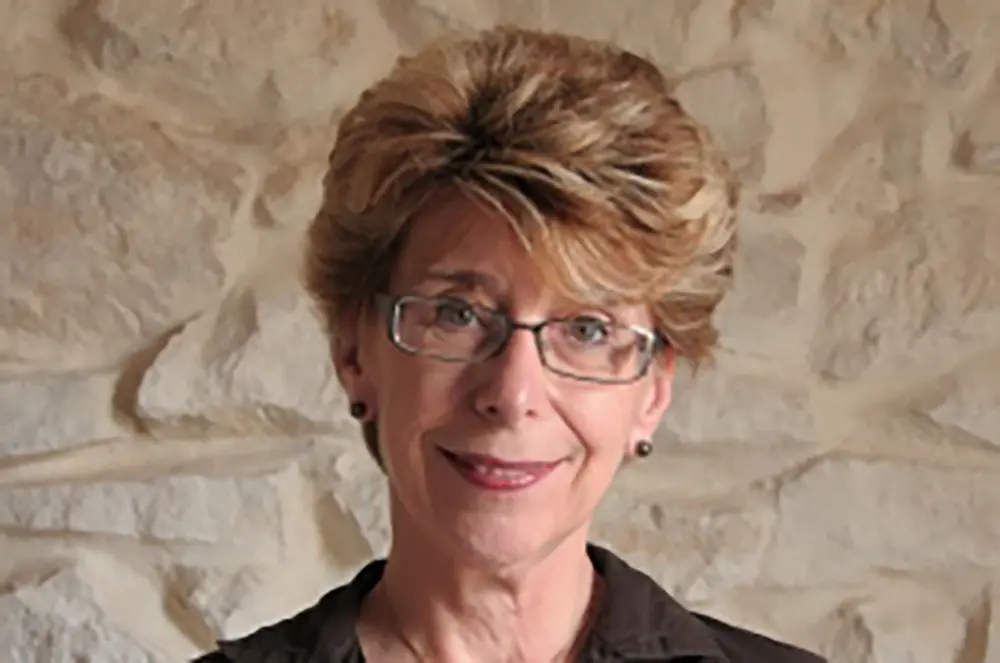
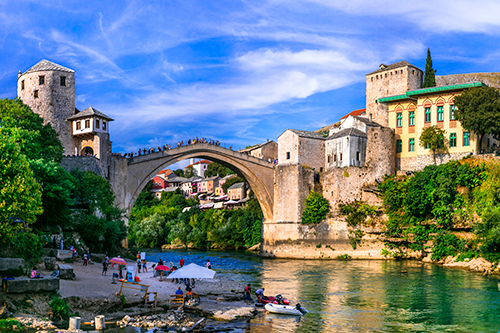
You may have heard the term “Balkanism.” It was coined by Maria Todorova, Edward William & Jane Marr Gutgsell Endowed Professor Emerita at Illinois, as a way to explain how the Balkan region in Southeastern Europe is perceived as Europe’s “other”—an area that is seen to exemplify European backwardness and political unrest. Countries that were once part of the Ottoman and Habsburg Empires, including Albania, Bosnia and Herzegovina, Bulgaria, Croatia, Greece, Kosovo, Montenegro, North Macedonia, Romania, Serbia, and Slovenia, are now constructed as less than a part of “civilized” Europe.
Todorova’s examinations of these dynamics are among the reasons she was recently one of only seven historians nationwide elected to the American Academy of Arts & Sciences, one of the oldest honor societies in the nation. She also received the Distinguished Contributions to Slavic, East European, and Eurasian Studies Award, which she terms a lifetime achievement award from the Association for Slavic, East European, and Eurasian Studies, a scholarly association that aligns with her work at the intersections of modern Balkan, Ottoman, and European social and cultural history.
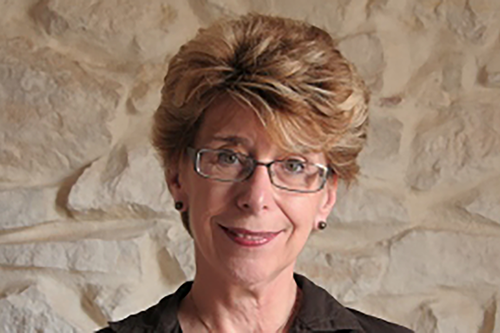
Her 1997 book, “Imagining the Balkans,” examines her theory. “When the Yugoslav war happened (1991-2001), the stereotypes of irrational, aggressive, intolerant, barbarian, savage, semi-developed, semi-civilized, semi-oriental countries began floating as explanations for the war,” Todorova said. “I knew the literature about how the Balkans were perceived throughout the ages. What I was able to show was that these stereotypes, which journalists attempted to explain as ‘ancient hatreds,’ had crystallized relatively recently—at the end of the 19th and the beginning of the 20th centuries.”
Has Balkanism subsided? “With the branching out of the European Union, the Balkans, with the exception of the newly devised area of the ‘Western Balkans,’ are effectively part of Europe,” Todorova said. “The Balkanist rhetoric no longer serves power politics, although it is there, conveniently submerged but readily at hand. It is like claiming racism does not exist because one does not use the N-word.”
She added: “I am pleasantly surprised that, to this day, young people are writing to me, from all over the world. ‘Oh, I read your book. I’m proud now that I am from the Balkans.’ There is something emancipatory in what I wrote. Even young people who left the region in the 1990s feel the stereotype, and they can see that they can deconstruct this stereotype. They are not ashamed of their background. This is liberating.”
Her scholarly output is immense, covering Ottoman, modern Balkan, and imperial Russian history.
“I chose history because I loved literature and mathematics,” Todorova said. “I felt that historical analysis would envelope both. I was trained as an Ottomanist, and I wanted to bring in quantitative methods.”
Her book “Balkan Family Structure and the European Pattern” (1993), utilized demographic techniques to examine a Balkan family formation, the zadruga, undermining Western stereotypes of the European family. Her latest book, “The Lost World of Socialists at Europe’s Margins: Imagining Utopia, 1870s–1920s” (2020), looks at the “golden age” of the socialist idea through the lens of the Bulgarian socialist movement in the late 19th century.
“I was working on this book while a fellow at the Remarque Institute on 5th Avenue in New York,” she said. “I found it interesting to write about socialism from 5th Avenue.”
By examining “memoir documents” of early socialists, she was able to produce a historical ethnography that took into account the problem of generalized ideological descriptions that rely on the silencing and erasure of peripheral movements.
“The book shows the emancipatory history of socialism through various historical approaches,” Todorova said. “I hope to have shown that scales of analysis require different methods and are based on different sources, and that the different scales of observation are all legitimate.”
Although she retired from Illinois in 2021, Todorova still has graduate students and serves on committees. She has contributed to what is considered one of the strongest programs in Southeastern Europe globally. Her graduate students form what is often referred to as the “Todorova school” and work in academic institutions such as the Max Planck Institute, Boston College, UCLA, The Ohio State University, College of William & Mary, European University Institute, the University College London, the University of Illinois, the University of Groningen, and the University of Pittsburgh. Her home in Urbana became a favorite destination of the University’s East European Reading Group.
Todorova’s retirement does not mean that her prodigious output has ended. “I’m toying with the idea of yet another project on Balkan history,” she said.
Editor's note: This story first appeared in the Spring 2023 issue of The Quadrangle.
